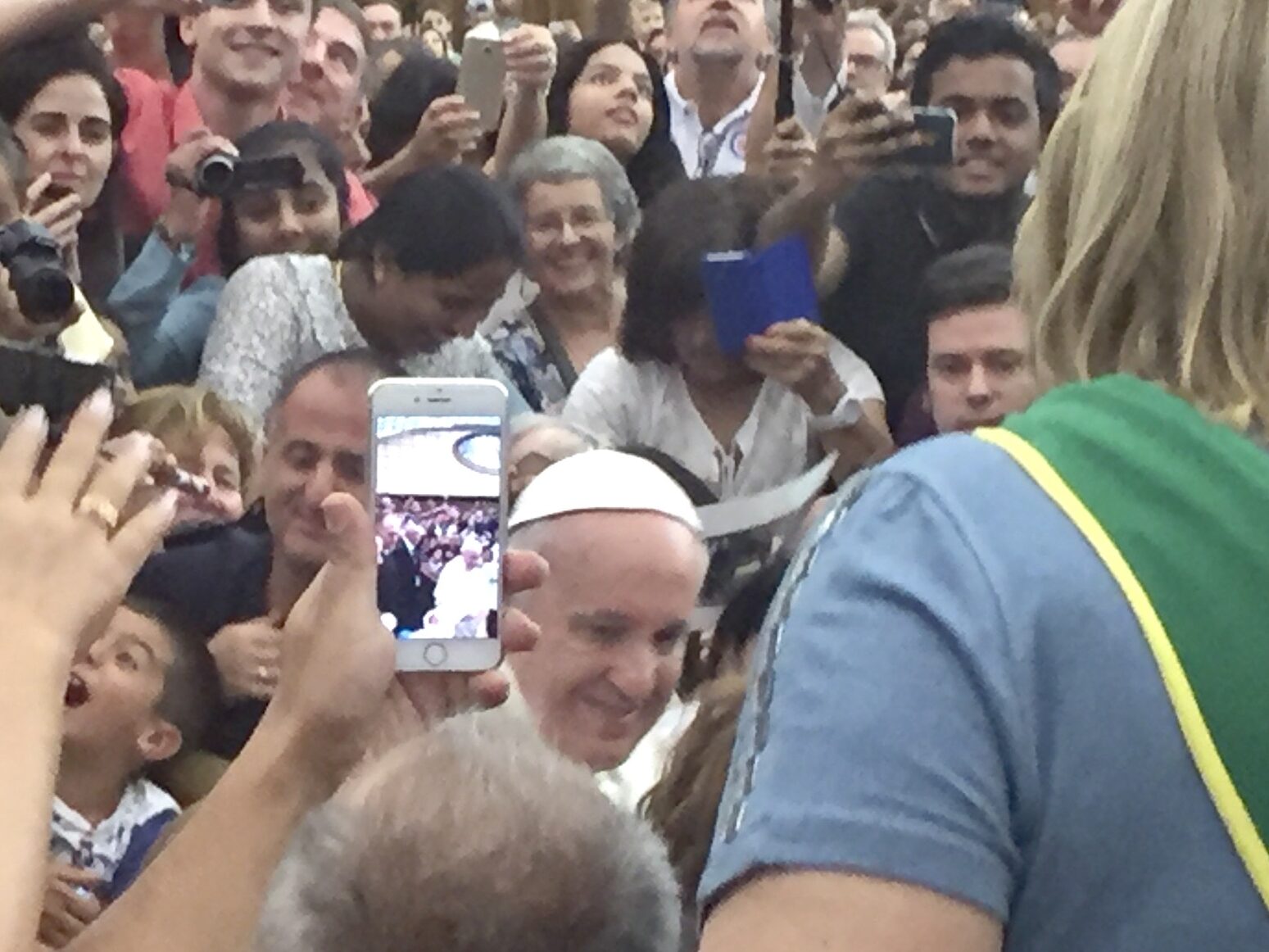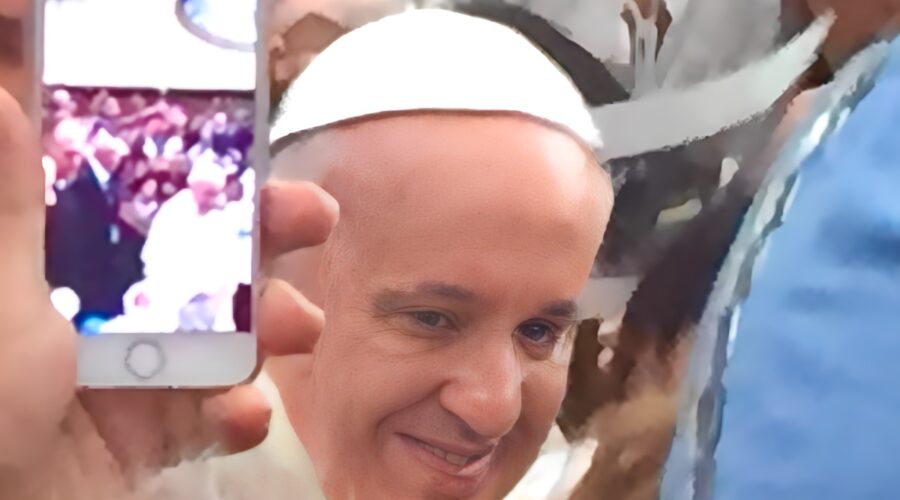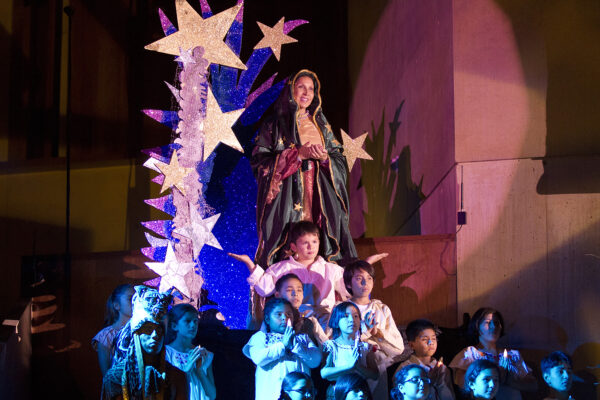ROME—The bells of St. Peter’s toll with solemn finality, and the cobblestone streets of the Eternal City feel heavier beneath my feet. I find myself back in Vatican Square, where not that long ago, I stood among thousands, watching Pope Francis extend his hands in blessing. It was a moment of rare connection—one man in white before an ocean of souls, each seeking something: hope, absolution, direction.
Today, as the world mourns, I return to that moment and reflect on the legacy of a man who reshaped the papacy and, perhaps, the very heart of the Roman Catholic Church.

When Jorge Mario Bergoglio ascended to the Chair of St. Peter in 2013, he was an anomaly—a Jesuit, a man of Argentina, a pope who took the name Francis, signaling humility and a devotion to the marginalized. From the very beginning, he discarded papal opulence, refusing the Apostolic Palace for a modest suite in the Domus Sanctae Marthae. He shunned bulletproof limousines, preferring a modest Fiat or public transportation when possible. It was clear: this was not a pontiff of empty symbolism but of radical authenticity.
During my time at the Vatican, I saw firsthand the devotion he inspired. My wife, Renee, captured a moment with her camera—a striking image of Francis, mid-blessing, his expression one of both serenity and weight. His papacy was never easy; he inherited a Church in crisis, grappling with declining attendance, the festering wounds of sexual abuse scandals, and growing disillusionment among young Catholics. But he did not recoil. Instead, he walked into the fire.

Pope Francis was a builder of bridges, not walls. He championed dialogue over dogma, extending olive branches where previous popes had drawn lines in the sand. He spoke not just to the faithful but to the forsaken—the refugees huddled on European shores, the prisoners he washed the feet of during Holy Week, the LGBTQ+ Catholics who had long felt ostracized. His was a Church that embraced rather than excluded.
His economic views were equally unflinching. In a world tilting ever further toward material excess, Francis reminded us of the Gospel’s call to serve the poor. He called unfettered capitalism a “new tyranny” and admonished the global elite to rethink their priorities. This stance won him admiration among progressives and scorn from traditionalists, but Francis never wavered. “Money must serve, not rule,” he often said.
Perhaps his most significant challenge was modernizing the Church while respecting its ancient traditions. His encyclical Laudato Si’, a groundbreaking appeal for environmental stewardship, was a moral reckoning in an age of climate crisis. His push for synodality—listening to bishops, clergy, and laypeople alike—was an effort to democratize a Church long seen as rigidly hierarchical. His openness to discussing priestly celibacy and greater roles for women in the Church signaled that change, though slow, was possible.
Yet Francis was not without critics. To conservatives, he was dangerously liberal, undermining centuries of doctrine with his emphasis on mercy over judgment. To progressives, he did not go far enough—his reluctance to overhaul Church teachings on women in the priesthood or same-sex marriage left many frustrated. But this, too, was Francis: a pope who sought unity over division, movement over stagnation, dialogue over decree.
The last time I saw him in person, I recall how the crowd surged forward, each soul yearning for a touch, a glance, a connection. It was not the man they reached for but what he represented—a Church that saw them, knew them, and walked with them. That is his legacy. He made the Church feel less like an institution and more like a home.
Now, as his earthly journey ends, the bells of St. Peter’s toll again. The city of Rome weeps, but not without hope. For Pope Francis did what few have done—he made the Catholic Church more human, more present, more in touch with the world it serves. His mission was not just to lead but to listen, not just to preach but to embrace.
And so, in the shadow of the Vatican, I bow my head one last time, grateful to have witnessed a shepherd truly among his flock.
TONY CASTRO, the former award-winning Los Angeles columnist and author, is a writer-at-large and the national political writer for LAMonthly.org. He is the author of nine books, including his new debut novel, THE BOOK OF MARILYN. He can be reached at tony@tonycastro.com.





